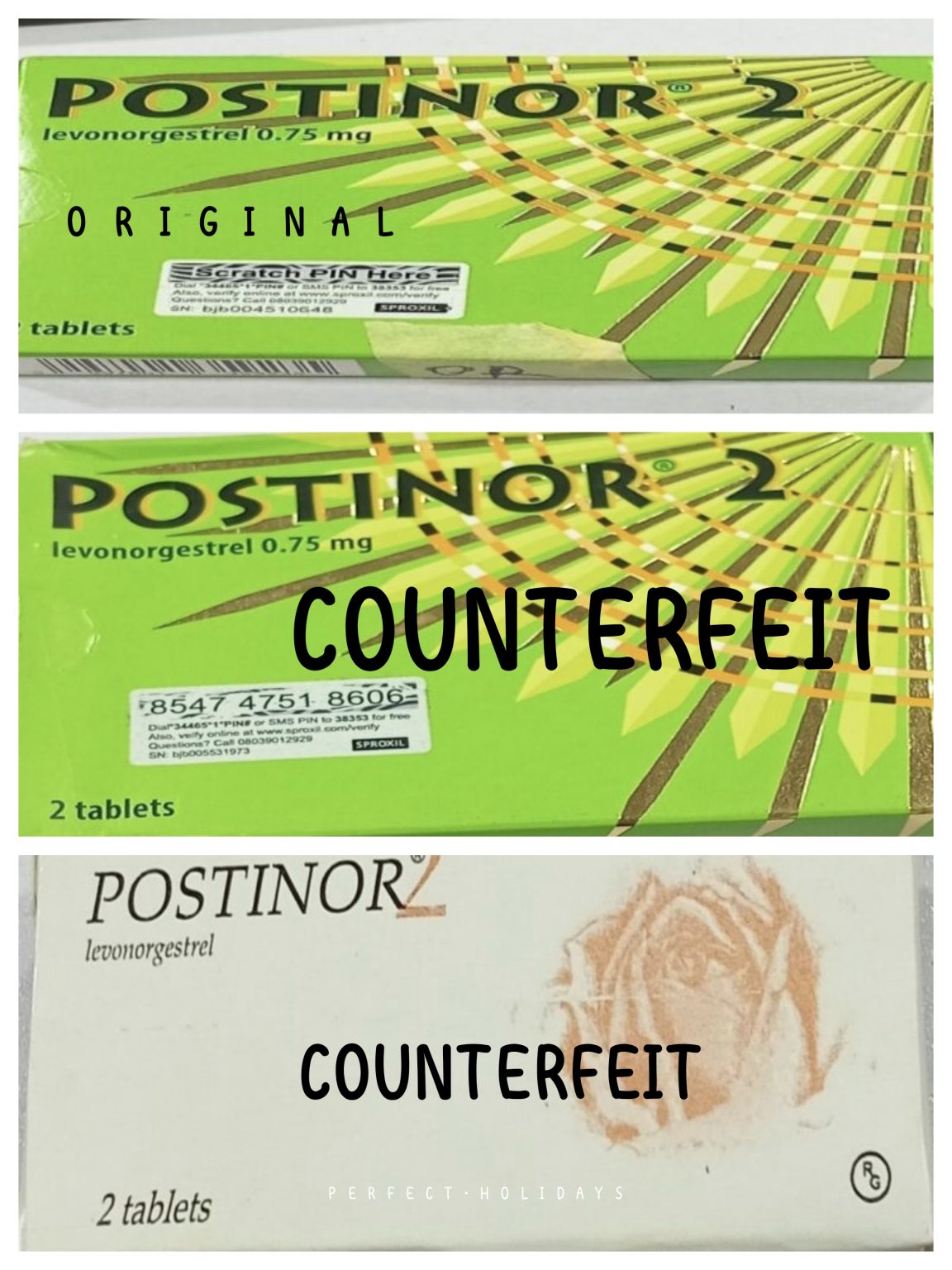The National Agency for Food and Drug Administration and Control (NAFDAC) has raised an alarm over the circulation of falsified batches of Postinor-2, a popular emergency contraceptive pill.
In a public notice released on Friday, 22 August, the agency confirmed receiving a report from the Society for Family Health (SFH), the authorised marketing company, disowning the affected batches.
According to NAFDAC, the counterfeit products were identified after a careful review of packaging details which revealed spelling errors and discrepancies in the verification stickers.
While the original pack carries the correct spelling and a visibly larger font on its verification sticker, the falsified versions feature the misspelt words “Veify” instead of “Verify” and “Distnibuted in Nigeria” instead of “Distributed in Nigeria.”
Details provided by NAFDAC show that the genuine product comes under batch number T32458H, with a manufacturing date of February 2023 and expiry date of February 2027.
However, the fake versions were labelled with batch numbers T36184B and 332, carrying inconsistent dates and packaging features.
Read Also: NAFDAC receives fake drugs, tomato paste worth N20.5bn from Customs
The agency warned that the use of counterfeit Postinor-2 poses serious health hazards, including failure of contraception, exposure to toxic substances, severe side effects, and long-term reproductive complications.
Since counterfeit medicines are not subjected to regulatory safety checks, NAFDAC stressed that their effectiveness and safety cannot be guaranteed.
All zonal directors and state coordinators have been instructed to intensify surveillance and remove the falsified products from circulation.
Distributors, pharmacists, and health workers were also urged to remain vigilant and ensure medical products are sourced only from licensed suppliers.
Consumers and healthcare professionals have been encouraged to report suspicious products or side effects to the nearest NAFDAC office, through the agency’s hotlines, dedicated emails, or its Med-Safety application.
NAFDAC further disclosed that the information has been shared with the World Health Organization’s Global Surveillance and Monitoring System to aid global tracking of falsified medicines.



